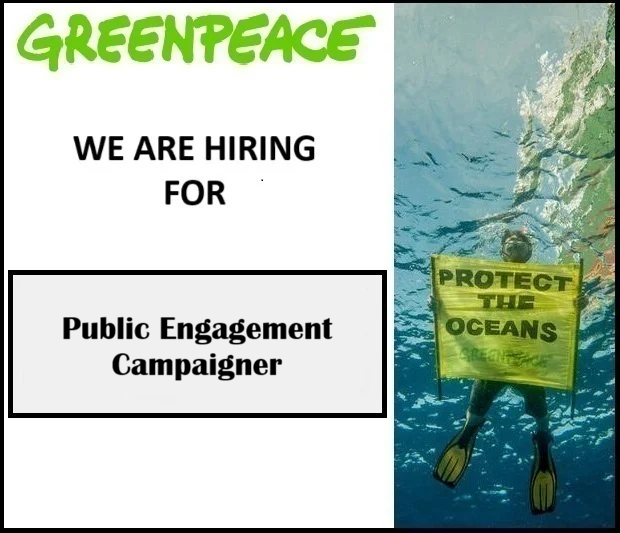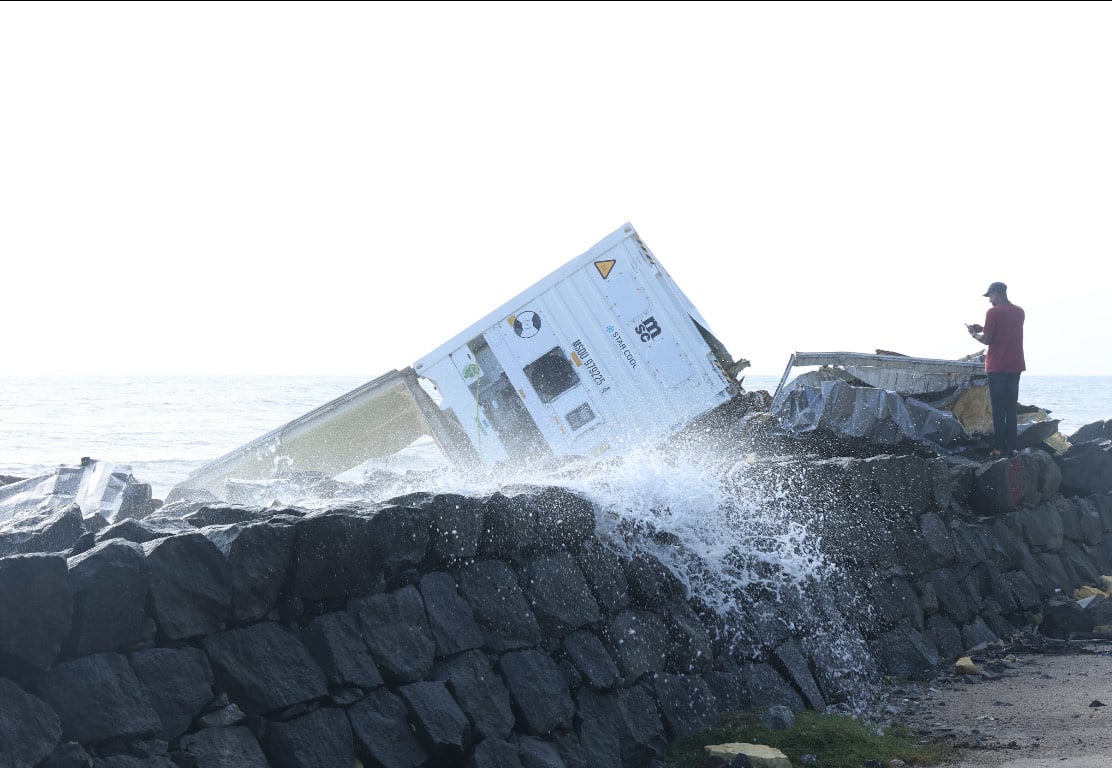8th June, 2025. Greenpeace India marked World Oceans Day 2025 with a powerful celebration at Chandrabhaga Beach in Konark, Odisha, where stunning sand art featuring a majestic turtle took centre stage to highlight the critical role the ocean plays in sustaining biodiversity, regulating the climate, and supporting coastal communities. The action also comes in solidarity with the Kerala population and the urgent need for transparency, cleanup and accountability in response to the late shipwreck accident and its ongoing consequences.
This year, World Ocean Day precedes the opening of the United Ocean Conference, from 9th to 13th June in France, where world leaders will convene to discuss their commitments for the protection of the global ocean. In the meantime, the dramatic impacts of the recent MSC ELSA 3 shipwreck offshore Kerala (on May 25th) keep unfolding with fuel and hazardous cargo threats looming at sea, while broken containers of unknown cargo and insane amounts of plastic pellets have been washing ashore in Kerala and Tamil Nadu, India — amid monsoon weather conditions impeding initial environmental assessment and clean-up initiatives. Just 4 years after the X-Press Pearl disaster in Sri Lanka, the region’s marine life, unique coastal ecosystems, and fisher communities are facing yet another shipping disaster with lasting consequences, of which the scale remains to be fully understood.
“What exactly was in the containers, and who will be held accountable for the damage to marine biodiversity and fragile ocean ecosystems, as well as the loss of coastal livelihoods and the harm to the local economy ?” said ocean conservationist and founder of Friends of Marine Life, Robert Panipilla. “We are calling on local authorities and the MSC company to release the full cargo manifest of the MSC ELSA 3. The people in South India have the right to know and expect a detailed statement on the circumstances of the accident, as well as a comprehensive clean-up and compensation plan from MSC, who have not yet communicated two weeks after the shipwreck. When the decarbonization of the shipping industry and global plastics pollution are discussed at the UN Ocean Conference, major profitable shipping companies such as MSC can no longer shy away from their responsibility in such disasters, whereas marine life is choking on plastic pellets and fishing communities are being starved out,” added Amruta S. N., Campaigner at Greenpeace India.
In Solidarity, Greenpeace deployed a documentation team in Kerala straight after the disaster — and this past week the organisation has run several activities with ocean stakeholders, youth groups, and fisherfolks to convey the same message across the region: “One Ocean, Many Lives” in Khulna, Bangladesh; Galle and Colombo, in Sri Lanka; and Odisha and Chennai, in India.
“With these events to celebrate World Ocean Day, we also want to deliver a joint message of hope together with our partners across the region. We demand our leaders quickly ratify the global High Seas Treaty to protect 30% of our oceans [1], as well as listen to the voice of small-scale fishers and the wisdom of coastal communities for the sustainable management of coastal resources and bottom-up profits to the local economies,” says Anita Perera, Campaigner at Greenpeace South Asia.
Media Contacts:
Nibedita Saha
Media Officer at Greenpeace India
Phone: +91 7045066118
Email: [email protected]
Amruta S. N., Campaigner at Greenpeace India
Phone: +918304010458
Email: [email protected]
Anita Perera, Campaigner at Greenpeace South Asia – Sri Lanka
Phone: +94773925597
Email: [email protected]
Greenpeace media statement following the Kerala shipwreck disaster:
https://www.greenpeace.org/india/en/story/18544/greenpeace-india-statement-on-hazardous-cargo-ship-sinking-off-kerala-coast/
[1] In 2022, during the UN Biodiversity COP15, states agreed on a target of protecting at least 30% of the ocean by 2030, a figure supported by scientists for several years. 2.7% of the global ocean is currently fully or highly protected from human activities, and the figure is just 0.9% for areas of the high seas, which are beyond national jurisdiction.



